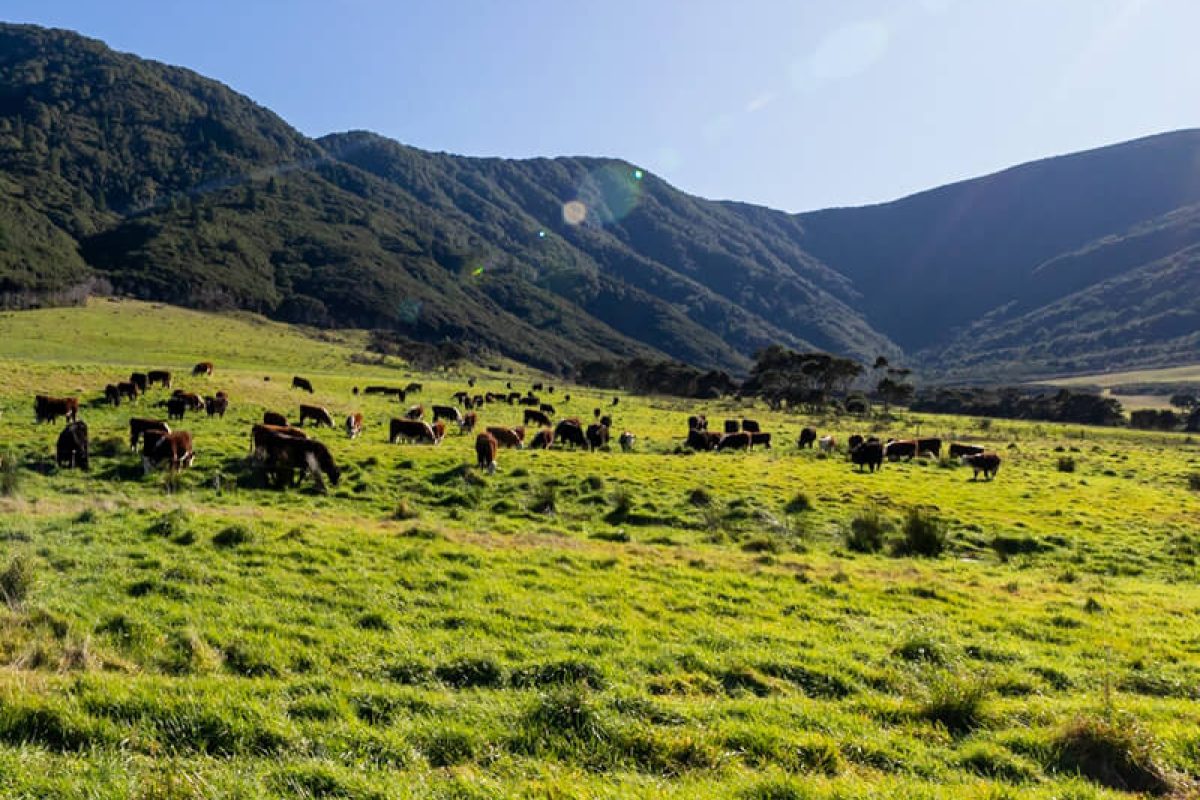Once upon a time in New Zealand buying beef from a farmer was straightforward. Back in the 1940s, 1950s, 1960s and even up into the 1980s the beef production system was essentially local. Beef customers had access to the system’s information. Transparency wasn’t something anyone even thought about, let alone talked about. Consumers had all the information they needed to make an informed purchase decision. They knew what breed they were buying, and they knew what farmer had supplied the animal to the butcher, which was the place you used to buy your meat from.
Customers knew the butcher by name and the butcher knew them. Their kids played rugby or netball together on the weekends. The world was different. Community mattered. From a food supply perspective, I would argue the old world was better, much better. These days there are numerous articles out there reporting on the demise of the high street butcher. The extinction event is ongoing and can be seen worldwide. The decline in traditional butchers has been particularly tough in New Zealand where food retailing is controlled by two very dominant food retailing conglomerates, Woolworths and Foodstuffs. Evershed and McClure report the following:
“New Zealanders are facing steep price increases for basic food products such as eggs, yoghurt and potatoes, while supermarket profits are sky-high, and the recession is predicted to deepen.”
On Butcheries, Carly Gooch quotes former Beefair’s owner Jos Canton who stated, “I think it’s a bygone era. If anyone ever asked me if they could open a butchery in main street Motueka again, I would say: You’re probably out of your mind.” The steady, multi-decade decline of high street butchers in New Zealand has been accelerated by the dominance of the two large retailers. For small retailers like traditional butcheries, it is very challenging to compete, not impossible, but challenging. Those that can find a way to differentiate either through product or through customer service continue to hang on, but for how much longer is anyone’s guess.
They simply don’t have the scale to negotiate inside a supply system that heavily favours the big guys. In marketing, we call this power asymmetry, which simply means a power imbalance. That’s a very big problem for producers, processors and consumers. In such a system, the entity with the power dictates the terms of trade. Such systems nearly always demonstrate higher levels of opacity as well. This means they control the information. That is problematic because a farmer’s story underpins that information and it’s the information (the farmer’s story) that helps the farmer capture value. It is also the way in which solid value is delivered to consumers creating a win-win.
The only winners in the current New Zealand system are supermarkets. Of course, this is the way of the world. Convenience is a big driver today. People have busy lives. They have people to see and places to go and many butcher shops have not differentiated their offerings sufficiently to encourage consumers to make a special trip. There are still some craft butchers doing great things, but they are few and far between. Many butchers also buy their beef from the same processors as the big guys do, so how do you think that will end?
Why does it even matter? Well for many, it probably doesn’t, but if you’re a consumer who wants to understand provenance, being able to engage with the story behind the product (the farm story) you are buying is essential. Consumers fitting into this category are diverse too and the market for food systems with transparency is growing, fast. These buyers can be mums shopping for their family, the health conscious, or they can be red-blooded, grill loving, beef lovers. Hello, you’re onto me. Others, well, they might just want to know where and how they can get their hands on the good stuff.
Back to the future is an interesting concept. It means going back to a point where you can be informed about where your food comes from. Is that important? To me it is. These days, in big supermarkets it is very difficult to obtain information about the beef you’re buying. At best, the beef may be branded offering some breed credentials or some other attributes. It may even promote grass-fed or hand-picked, but when you try and get beyond the trivial there really isn’t much to go on. It is very hard to get information about breed, farmer, and farming system. If you don’t believe me, next time you’re at the supermarket ask some basic questions. The experience can be a real eye opener. I once joked that what I found out I could write down on the back of a disprin with a felt pen. Harsh, but surprisingly accurate.
This is where farms like Salubre Beef come in. They bring back the good old farmer direct days. They are champions for the consumer. Even better, modern digital technology means the value to the consumer is further enhanced. In an online system, pricing is competitive, taste is assured, and convenience is literally delivered to your front door. How good is that? Even better, with Salubre Beef there is choice. Beef lovers can load up with Fullblood Wagyu, Wangus, Hereford, or Angus. It’s all on the menu and the cherry on top is all the cattle are raised at Salubre Beef’s regenerative farm in the Kenepuru Sound, Marlborough.
The operation enjoys full EOV (Ecological Outcome Verification) certification from Ata Regenerative who are the appointed Savory Regenerative verifiers in New Zealand. They also run the rapidly growing Land-to-Market program, which is opening new direct pathways between producers and consumers. Ultimately, consumers decide the direction markets take and whilst New Zealand might have a highly concentrated food system the writing is on the wall. Consumers love farmers and consumers given half a chance will choose to support them. The digital world provides that chance so now is the time. Google Salubre, click on your choice and fire up the grill. Delicious, nutritious beef with a fantastic backstory is on its way and there is nothing between you and the farmer. Good luck and enjoy.
Written by Dr. James Wilkes (2023)

